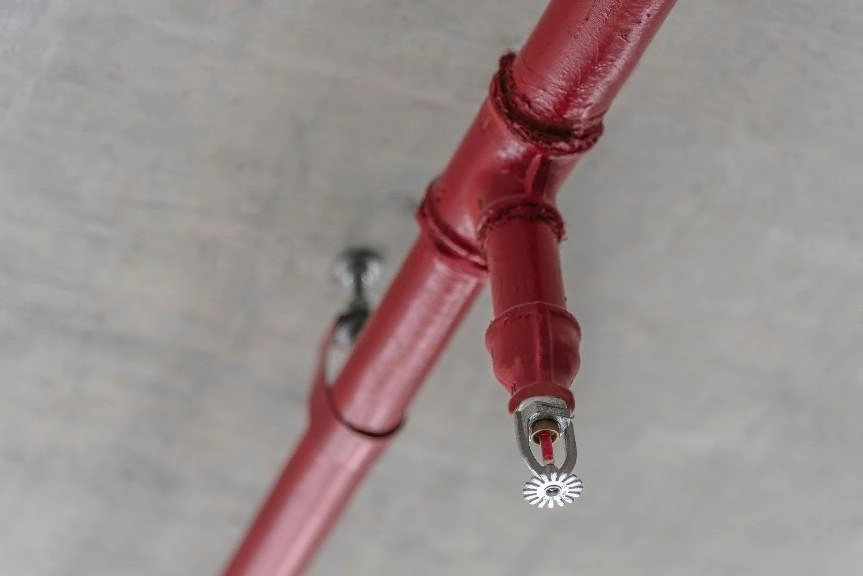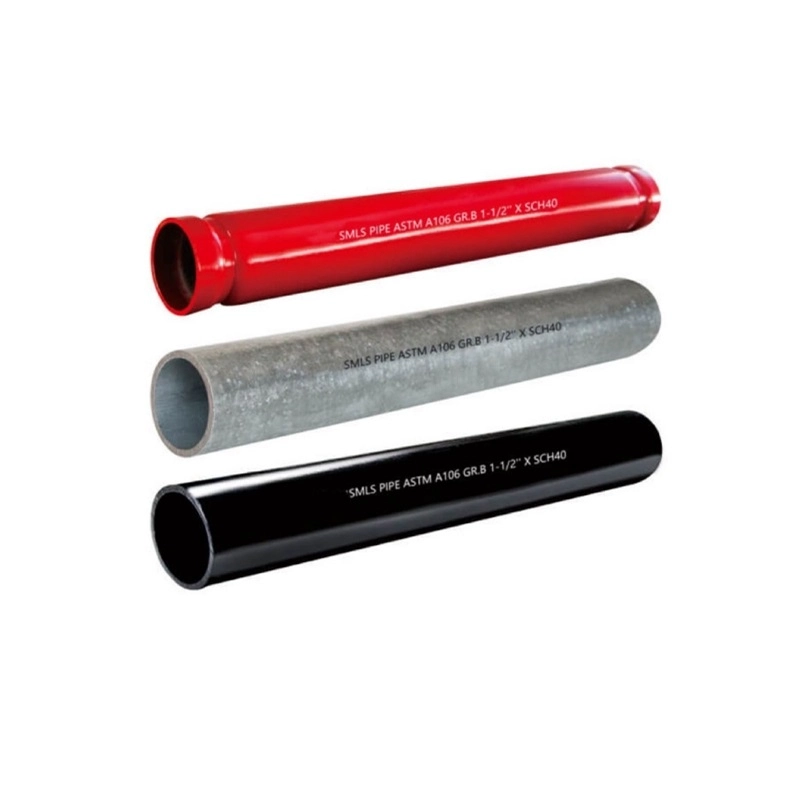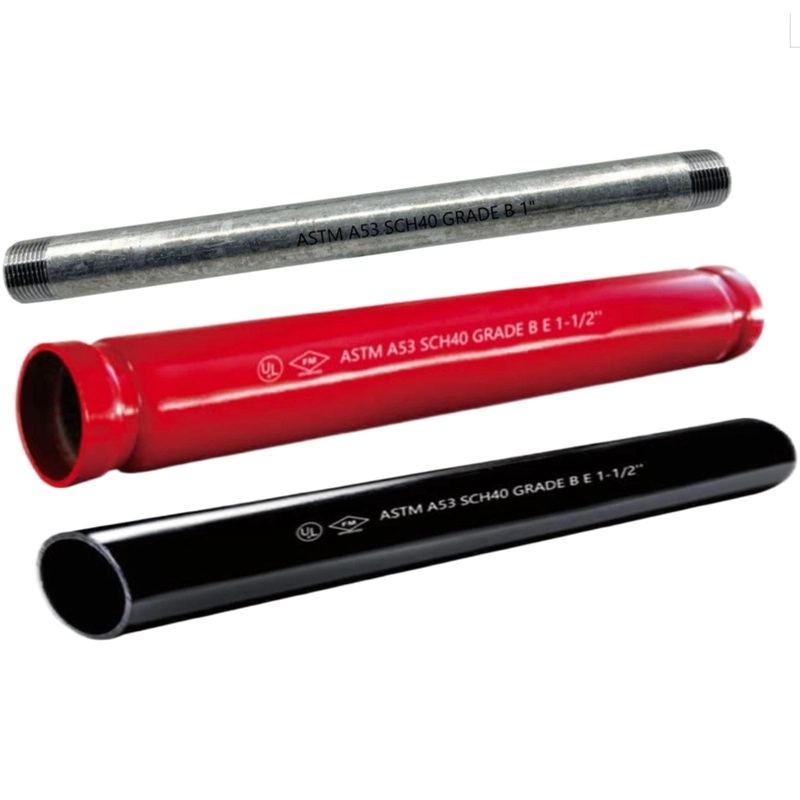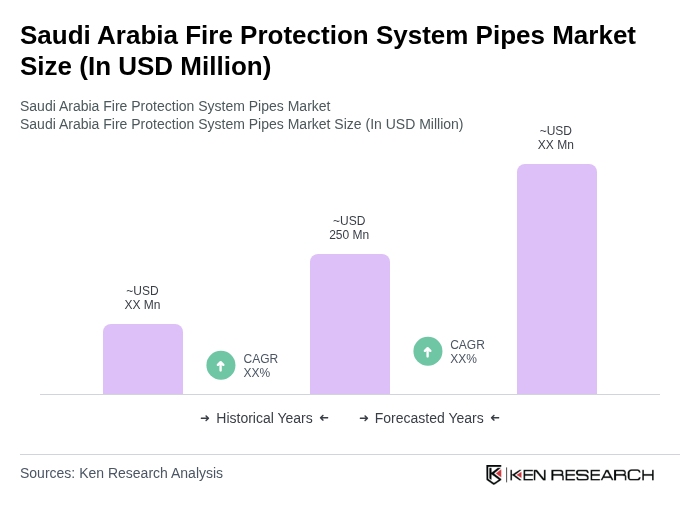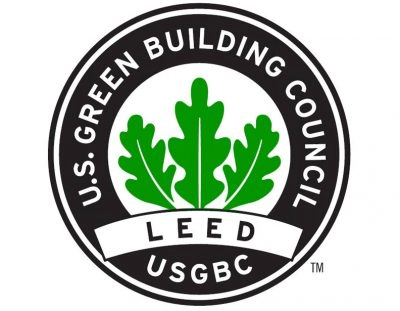Hard water creates major obstacles for fire sprinkler pipes. It affects their function and durability. This article examines how hard water develops, its impact on fire sprinkler setups, and ways to reduce harm. Learn about prevention techniques and why FLUID TECH is a reliable provider for sturdy fire protection system.
What is Hard Water and How Does It Form?
Hard water is a frequent problem in many industrial and business environments. It reduces the effectiveness of systems like fire sprinklers. Knowing its makeup and sources aids in tackling its effects.
Definition and Composition of Hard Water
Hard water holds high amounts of dissolved minerals, mainly calcium and magnesium. These minerals enter water as it flows through limestone, chalk, or gypsum layers in the earth. Hardness is gauged in grains per gallon (GPG) or milligrams per liter (mg/L). Levels above 7 GPG are deemed hard.
- Calcium: Causes scaling and buildup in pipes.
- Magnesium: Increases hardness, worsening accumulation.
- Other Minerals: Small traces of iron or manganese may exist.
These elements make hard water especially troublesome for fire sprinkler pipes.
Common Sources of Hard Water in Industrial Settings
Hard water often comes from natural and human-made sources in industrial areas:
- Groundwater: Wells pulling from mineral-heavy aquifers are a key origin.
- Surface Water: Streams or lakes in limestone-rich zones carry dissolved minerals.
- Municipal Supplies: Some treated water keeps hardness due to local geology.
Industrial sites, including those with fire sprinkler systems, often deal with hard water issues because of these origins.
How Does Hard Water Affect Fire Sprinkler Pipes?
Hard water can weaken fire sprinkler pipes over time. It causes performance problems and expensive fixes. Its effects are mainly seen through scaling and rust.
Mineral Deposits and Scaling Inside Pipes
Scaling happens when minerals in hard water settle and stick to pipe interiors. This lowers efficiency.
The Formation of Calcium and Magnesium Deposits
When water heats up or evaporates, calcium and magnesium create insoluble compounds like calcium carbonate. These build up inside pipes. They form layers that shrink internal widths. For instance, seamless steel pipes can gather heavy scaling in hard water settings.
Long-Term Effects on Pipe Longevity
Scaling brings several harmful effects:
- Narrowed Width: Buildup limits water flow. This harms sprinkler performance.
- Increased Wear: Rough buildup speeds up pipe damage.
- Clogs: Severe scaling can block pipes completely. This risks safety.
Over time, these problems reduce the lifespan of fire sprinkler pipes. They require frequent replacements.
Corrosion Caused by Hard Water
Hard water also triggers rust, further harming sprinkler systems.
Interaction Between Minerals and Metal Surfaces
Calcium and magnesium ions interact with metal surfaces. They cause galvanic rust. This is particularly bad for steel pipes. Mineral buildup acts as a trigger for rust formation.
Increased Risk of Pipe Damage and Leaks
Rust weakens pipe walls. It leads to:
- Pitting: Tiny holes that harm structural strength.
- Leaks: Weakened pipes fail to hold water. This lowers system dependability.
- System Failure: Rusted pipes may not work properly in emergencies.
These dangers show the need for active steps to shield fire sprinkler systems.
What Are the Consequences of Hard Water on System Efficiency?
Hard water doesn’t only harm pipes. It affects the whole fire sprinkler system’s effectiveness. This creates operational and financial burdens.
Reduced Water Flow and Pressure Issues
Scaling and rust directly impact water delivery in sprinkler systems.
Blockages in Pipes Due to Scaling
Mineral buildup creates barriers. It reduces water flow. In bad cases, clogs can stop sprinklers from working. This is seen in systems using ERW steel pipes.
Impact on System Activation During Emergencies
Low water pressure from scaling can slow or stop sprinkler activation. This weakens fire control. It puts lives and property at risk. For example, a 50% drop in pipe width can cut flow rates by up to 75%, based on hydraulic studies.
Increased Maintenance Costs and Repairs
Hard water raises operating costs. It requires frequent upkeep and part replacements.
Frequency of Cleaning and Descaling Procedures
Systems hit by hard water need regular cleaning to clear scaling. Descaling includes:
- Chemical Treatments: Using acids to break down buildup.
- Mechanical Cleaning: Flushing or scrubbing pipes to remove deposits.
These tasks take time and money. They strain maintenance budgets.
Replacement Costs for Damaged Components
Rust and scaling often demand replacing pipes, fittings, or sprinklers. The table below shows typical replacement costs:
| Component | Average Cost (USD) | Frequency (Years) |
| Steel Pipe Section | $500–$1,500 | 5–10 |
| Sprinkler Head | $50–$200 | 7–12 |
| Pipe Fittings | $100–$400 | 5–10 |
These expenses add up. Hard water becomes a major financial load.
What Are Effective Prevention Strategies for Hard Water Damage?
Preventing hard water damage needs active steps. These maintain system strength and efficiency.
Regular Inspection and Maintenance of Sprinkler Systems
Routine checks spot early signs of scaling or rust. Suggested practices include:
- Visual Inspections: Check for discoloration or buildup inside pipes.
- Flow Tests: Measure water pressure to find clogs.
- Annual Reviews: Hire experts to evaluate system condition.
Regular upkeep extends the life of fire protection pipes.
Implementation of Water Softening Solutions
Water softeners remove calcium and magnesium. They reduce hardness.
Types of Water Softeners Suitable for Fire Sprinkler Systems
| Softener Type | Mechanism | Best For |
| Ion Exchange | Swaps calcium/magnesium for sodium | Large industrial setups |
| Magnetic | Changes mineral structure to stop scaling | Smaller systems, easy upkeep |
| Reverse Osmosis | Filters minerals through a membrane | High-purity water needs |
Benefits of Softened Water in Enhancing System Performance
Softened water:
- Cuts Scaling: Stops buildup. It keeps flow rates steady.
- Extends Pipe Life: Reduces rust. It lowers replacement needs.
- Boosts Reliability: Ensures sprinklers work fast during fires.
These benefits make water softening a vital approach.
Use of Anti-Scaling Agents
Anti-scaling chemicals stop mineral buildup. They support other measures.
Application Methods for Anti-Scaling Chemicals
- Injection Systems: Add chemicals directly into water lines.
- Batch Treatments: Use during upkeep to clear existing buildup.
- Continuous Dosing: Keep low-level chemicals for ongoing protection.
Reducing Mineral Build-Up Over Time
Anti-scaling agents change mineral structures. They prevent sticking to pipe surfaces. Over time, they cut maintenance needs. They improve system durability.
Why Choose FLUID TECH as Your Reliable Fire Sprinkler Pipes Supplier?
FLUID TECH stands out for its commitment to excellence and performance in fire sprinkler pipe solutions.
Commitment to High-Quality Materials
FLUID TECH uses top-grade materials, like rust-resistant steel, to craft pipes and fittings. Their products, such as ERW steel pipes, meet strict industry norms. They ensure durability, even in hard water settings.
Expertise in Providing Durable Solutions for Challenging Environments
With years of skill, FLUID TECH designs pipes to handle tough conditions, including mineral-heavy water. Their engineering know-how reduces scaling and rust risks. This boosts system longevity.
Trusted Partner in Ensuring Optimal Fire Safety
FLUID TECH works with clients to provide customized solutions. Their dependable delivery and compliance with NFPA and ISO standards make them a favored supplier for fire safety projects.
Conclusion: Addressing Hard Water Challenges for Reliable Fire Safety Systems
Hard water brings serious risks to fire sprinkler pipes. Scaling and rust harm system efficiency and safety. By understanding its effects and using prevention methods like water softening and anti-scaling agents, managers can protect their setups. Partnering with FLUID TECH ensures access to sturdy pipes and expert help. This safeguards fire safety for years ahead.
FAQs About Hard Water and Fire Sprinkler Systems
How Can I Identify If My Fire Sprinkler System is Affected by Hard Water?
Check for signs like low water pressure, visible buildup on fittings, or rust marks. Flow tests and expert inspections can confirm hard water damage.
What Maintenance Schedule Should I Follow to Minimize Hard Water Damage?
Perform visual checks every three months. Run flow tests yearly. Schedule professional upkeep every 1–2 years to clean buildup and inspect for rust.
Are There Specific Pipe Materials That Resist Hard Water Effects Better?
Stainless steel and coated pipes resist rust and scaling better than standard steel. Seamless steel pipes with protective coatings are highly effective.

